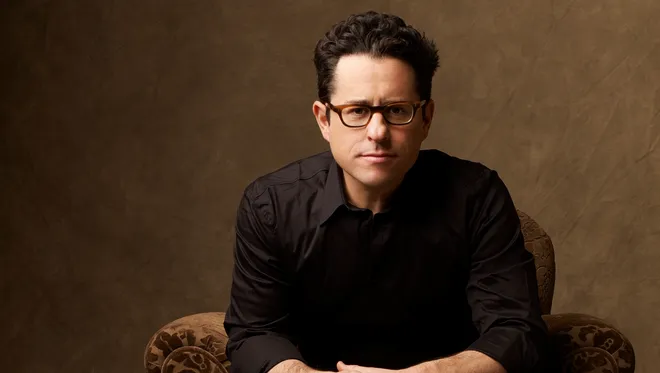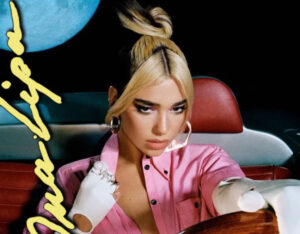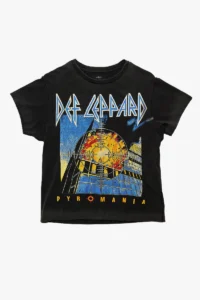When Justin Bieber dropped “I Feel Funny” back in April 2022, it was easy to dismiss. Clocking in under 90 seconds, the song felt more like a meme than music—a teaser trailer for a Don Toliver video, with Bieber in a safety-orange shiesty mask rapping nonsense over twitchy dub bass and jittery piano stabs. It was a joke, obviously. But it was also a clue. Looking back from the vantage point of Bieber’s 2025 output, “I Feel Funny” feels less like a throwaway and more like a pivot point—a loose, silly sketch that hints at the direction his taste and sound were about to take.
The comparisons have been made: Playboi Carti, 645AR, maybe even Freddie Mercury in terms of weirdness, if not range. But what Bieber was really channeling in “I Feel Funny” wasn’t any of those big names—it was TisaKorean. The Houston artist, known for his glitchy, offbeat flows and absurdist energy, was clearly in Bieber’s headphones. The evidence? That flow: choppy, nasal, borderline nonsensical.
The vibe: unserious, unserious, unserious. Bieber’s delivery sounds like it was ripped straight from Tisa’s world, and not subtly either. Tisa’s song “he can’t do it like me” could be the blueprint for “I Feel Funny,” and Don Toliver’s later interpolation of Tisa’s “Backseat” only confirms the influence had reached the big leagues.
So why does any of this matter? Because Bieber, whether consciously or not, has been evolving from a mainstream R&B-pop act into something weirder, more selective, and arguably more interesting. Sure, his albums still pack radio names like SZA, Quavo, and Kehlani to keep things balanced. He hasn’t gone full SoundCloud underground. But “I Feel Funny” wasn’t a fluke—it was a sign of sharpened taste. Not taste for prestige or polish, but taste for something goofier, more online, more in-the-know. He’s not just dabbling in hip-hop; he’s curating within it.
Of course, “I Feel Funny” itself isn’t some masterpiece. It’s not meant to be. It’s TikTok bait, a vibe, an inside joke. But like a lot of viral internet content, it carries more cultural weight than its runtime suggests. It’s Bieber saying, “I see what’s going on out there,” and choosing to engage with the fringes instead of the center. That’s why it feels important in hindsight: it marked the moment he wasn’t just co-signing what was already safe—he was playing in the sandbox of the absurd.
TisaKorean, for all his eccentricity, still exists mostly in niche pockets of the internet. His music isn’t made for mass appeal. But it’s influential, and Bieber clearly paid attention. That doesn’t mean Bieber is about to release an avant-garde dance tape, but it does mean he’s open to letting a little chaos into the room. He’s still cautious, still balancing art with image. Yet there’s something real in his willingness to draw from unexpected wells—especially when the result is something like “I Feel Funny,” a track so unserious it accidentally became serious evidence of artistic drift.
Bieber’s 2025 output doesn’t feel like an accident. If anything, it reflects a maturing filter—someone who knows what to take from the chaos and what to leave behind. While he might not have the commitment or risk appetite of someone like Tisa, he’s listening. And that’s what makes this new version of Bieber—mumble-rap adjacent, irony-laced, aesthetically aware—feel not just inevitable, but weirdly authentic.
In a time when so many pop stars chase credibility by diving into the deep end of genre experimentation, Bieber’s path has been more subtle. He’s not reinventing the wheel—he’s just letting it spin a little looser. “I Feel Funny” might have started as a joke, but it’s also a timestamp: the moment when Justin Bieber stopped trying to be serious, and started sounding serious by accident.
No comments yet.








